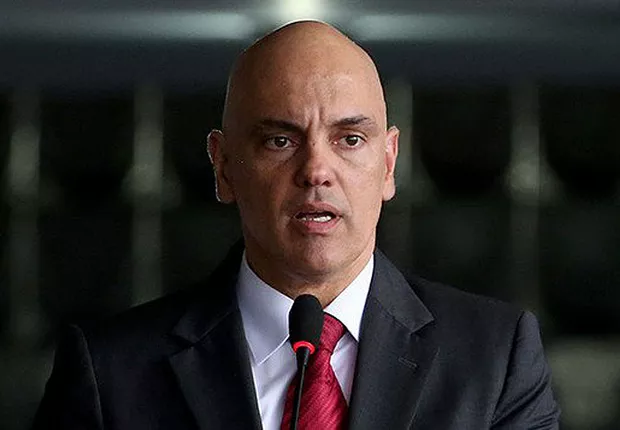Brazil’s Senate is reviewing 53 impeachment requests against Supreme Federal Court (STF) judges.
Justice Alexandre de Moraes faces the most, with 21 active petitions. Data from Poder360 confirms this trend, which dates back to 2021.
The next in line is Roberto Barroso, the incoming STF president.
Senate President Rodrigo Pacheco decides on these requests. Currently, he has no set deadline to do so.
Yet, lawmakers are considering setting a time limit for these decisions.
In the past, former President Jair Bolsonaro had criticized Moraes. He accused him of stifling free speech.

Pacheco dismissed Bolsonaro’s impeachment request in just six days, citing “no just cause.”
Recently, Barroso’s comments at a student event stirred controversy. Some called for his impeachment, but Pacheco indicated he won’t act.
Barroso will assume his new role with 17 pending petitions.
New Rule in the Works
Currently, impeachment decisions fall on two legislative leaders. In the Senate, it’s Pacheco; in the Chamber, it’s Arthur Lira.
A proposed law could alter this dynamic. Under it, Pacheco would get 30 days to respond to a petition. Otherwise, it would be automatically dismissed.
Lawmakers are pushing for more. They want rejected petitions to go to a full Senate vote. This proposed rule is under discussion and may get a year-end vote.
If passed, the Chamber would then review it, where it may face hurdles.
Background
The surge in impeachment requests reflects a divisive political climate in Brazil. This division is among the public and extends to lawmakers and judges.
Moraes’ high number of petitions points to controversies surrounding his role in the STF and as TSE president.
Similarly, the incoming STF president, Barroso, is no stranger to scrutiny.
Pacheco’s discretionary power in this matter is noteworthy. The lack of a time limit could either allow for thorough consideration or prolong indecision.
The proposed law aims to solve this, making the process more predictable. However, this also limits the leaders’ flexibility in handling these sensitive issues.

